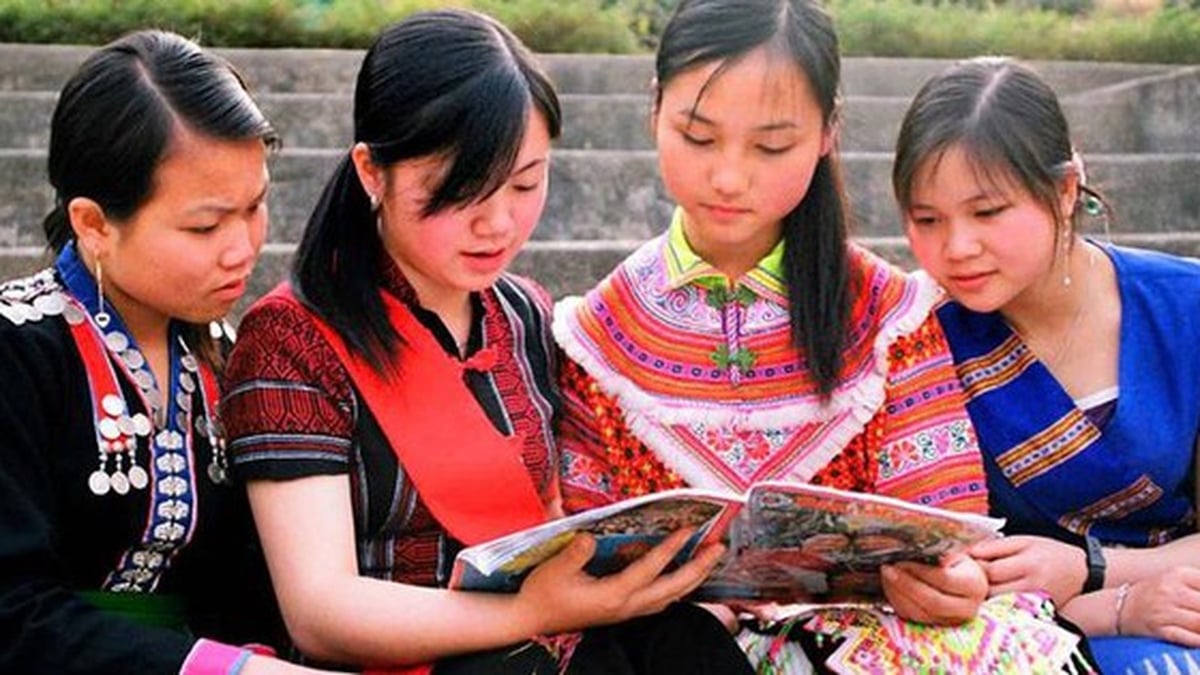While fixing the cage with an iron frame for the palm civets that were about to give birth, in the joy of having new members, Mr. Quang felt mixed with sadness when a civet died of heat shock due to the sudden and erratic weather changes. Although raising wild animals has never been easy, Mr. Quang is always worried and sad every time a civet gets sick or dies. Every time a “member leaves”, he loses his appetite and sleep.
More than 8 years of raising this rare civet species is not a long time, but for Mr. Quang, it is enough to experience sadness, joy and unforgettable memories. He remembers the first day he spent tens of millions of dong borrowed to bring home a few civets bought from Binh Phuoc just to satisfy his passion. One day, he happened to watch TV and saw some breeding facilities bringing economic efficiency, so he continued to buy a few more pairs to raise.
Because he did not know much about the law, even though he had the papers proving the legal origin of the civet cat breed, Mr. Quang still had many sleepless nights. Telling his story about raising civet cats to a forest ranger, Mr. Quang was guided through the process and procedures for registering to raise wild animals. Holding the certificate and license from the competent authority relieved Mr. Quang's psychology and passion for raising this rare animal species.
From the initial 12 pairs of parent civets, after only three years, the civet herd was raised to 60 mothers and nearly 130 commercial civets. Mr. Quang devoted all of his hundreds of square meters of garden land to building cages to raise civets, because they have the ability to reproduce very quickly. Each female can give birth to 4-5 civets per litter, and in normal, stable weather conditions, the survival rate is over 70%.
To have a high reproductive capacity of civets is not easy, but requires breeders like Mr. Quang to regularly monitor and grasp each stage of growth, the time when the female is in heat. Usually, the female civet is in heat for two days, during this time the male is forced to mate, if this time is exceeded, it can take many months, even years for the female to be in heat again.
Head of the Provincial Forest Protection Department, Mr. Le Ngoc Tuan informed that currently, in the province, there are 50 wildlife breeding facilities with 1,545 individuals (an increase of 2 facilities and 489 individuals compared to 2021) licensed to operate according to Government regulations. Of which, there are 18 regular wildlife breeding facilities and 32 facilities breeding endangered and rare wildlife of group IIB. In 2022 alone, 9 wildlife breeding facility codes were granted according to the provisions of Decree No. 84/2021/ND-CP dated September 22, 2021 on the management of endangered, precious and rare forest plants and animals and the implementation of the international convention on trade in endangered species of wild animals and plants. |
As the herd grew, Quang thought about doing business, using the money from selling the breed to buy food and medicine for the civets and cover living expenses. Through social networking sites and Facebook, many wildlife farms across the country learned about Quang's breeding facility. Most farm owners are passionate about this animal and buy it at a relatively high price, each pair usually costs from 2-4 million VND depending on the age of the civets. In the first two years, Quang earned a profit of 150 million VND from selling civet breeds.
Although it is entertaining and can earn millions, raising this species of wild animal has also caused Mr. Quang many hardships. Every time the weather changes suddenly and erratically, below or above 28-30 degrees Celsius, the herd of hundreds of civets suddenly becomes tired and loses appetite, while for a long time there has only been preventive medicine, not treatment. The most memorable failure was in 2019, when the sudden and erratic weather changes caused more than 100 civets to suffer from heat shock, typhoid, coccidiosis and die. By 2021, once again about 60-70 civets died due to temperature and similar diseases. Fortunately, there is still an entire parent farm that has been safely protected to this day.
In the environment of human farming, civets still retain their wild characteristics, when they see people, they often hide and are active, looking for food mainly at night, sleeping during the day. Their initial food is mainly raw fish, raw meat... Then, they gradually get used to cooked porridge until they are fed industrial food (pig food). Because of their shy and fearful nature, most civets are difficult to get close to humans. Only a few individuals are domesticated, truly befriend their owners, and know how to "listen to their owners", so Mr. Quang keeps them to raise and consider them as pets for many years.
According to Mr. Quang, with its characteristics and ability to reproduce quickly, the rare civet can survive in large numbers in the deep forest. However, due to human impact, climate change affects the habitat, especially hunting and trapping of wild animals, which causes the number of many animals, including civets, to decrease. During his breeding process, Mr. Quang has released civets into the wild many times with the hope of creating conditions for this rare civet species to increase its number in the wild.
What Mr. Quang is concerned about is that arbitrarily releasing captive animals into the forest environment makes it difficult to determine whether they have the ability to adapt and survive in the wild. He is completely willing to donate captive animals to the authorities so that they can be raised, trained to get used to, and adapted to the outside environment before releasing them into the wild to improve their ability and chances of survival. Raising and conserving wild animals is always considered by Mr. Quang as part of his responsibility. He is planning to invest in building a systematic farm, each farm is about 100m2 or more, with an air conditioning system, air filtration system, temperature stabilization... The cost of building a farm can be hundreds of millions of dong, beyond the ability of Mr. Quang's family at this time.
The civet, also known as the civet (scientific name Paradoxurus hermaphroditus), is a mammal belonging to the civet family. This is the most common civet in Vietnam. This animal is associated with the famous civet coffee brand worldwide called the civet. The civet belongs to the list of endangered and rare wild animals in group IIB. The forest rangers have guided and created the best conditions for people to breed this animal according to the law to preserve gene sources and develop the economy .
Source



























![[Photo] National Assembly Chairman attends the seminar "Building and operating an international financial center and recommendations for Vietnam"](https://vphoto.vietnam.vn/thumb/1200x675/vietnam/resource/IMAGE/2025/7/28/76393436936e457db31ec84433289f72)









































































Comment (0)